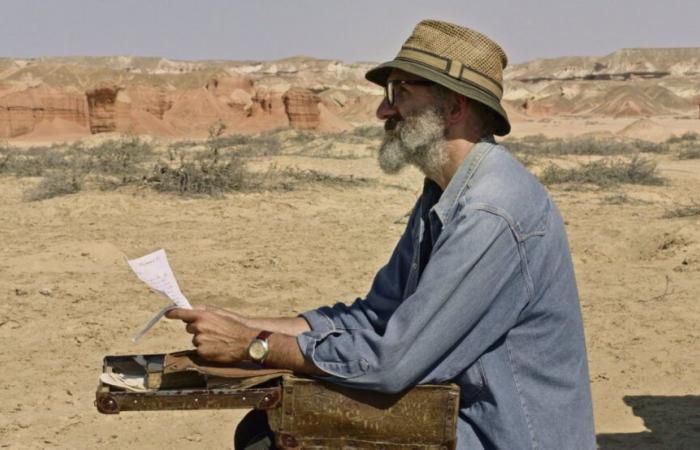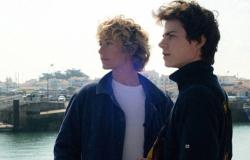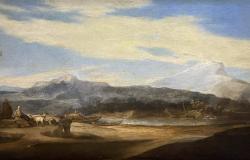Discover Angolan decolonization through a series? Why not. The layman will certainly learn a little about the history of this country, but that is not the main thing. Certainly, the mini-series in three episodes by Sérgio Graciano also talks about Portugal’s influence over Angola and its inhabitants, the exploitation of its resources, independence and its consequences, but above all it invites to travel, in space and in words.
We follow Doctor Ruy Duarte De Carvalho, anthropologist and poet (this is an adaptation of his literary trilogy Prospero’s Children)who has lived in Angola for decades. His father José Julio already traveled there. So, when an elder claims to know the location of the “Englishman’s papers”, documents that belonged to the father, the Portuguese-speaking scholar does not hesitate to embark on the adventure with his faithful cook, Jonas Trindade.
Silences and good words
But we are far from Tintin in the Congo : Jonas is not the native stooge, but a complex character, to whom the series devotes the first episode. A lover of Greek classics, he also embodies the memory of the country, evolving from a kitchen assistant serving the colonists to a resistance fighter, then a free man… before becoming involved with a boss, in a relationship sometimes evoking friendship. Thanks to him, but also to Severo, a “by-product of colonization” introduced later, we thus revisit the XXe century, covering the Portuguese dictatorship, the Carnation Revolution, the wars of the 1990s…
This is the paradox of the series, which questions colonization in the background, but leaves the resolution of the questions it poses unresolved. Relations of domination are evoked but never decided: we leave it to the spectator to do so.
As if the poetry, present both in the voice of the narrator, that of Ruy, but also in the secondary characters, called us to contemplate the beauty of the world freed from morality. The words sometimes give rise to delicious tirades: “I prefer the company of mosquitoes to that of bankers. Both suck our blood, but mosquitoes are more honest. »
But if parsimonious speech is important, silences are even more so. Many feelings pass only through the gaze, moreover centered on the Angolans themselves, white but especially black. When a European films Africa, it is rare enough to be highlighted.
The English Papers, Art, 8:55 p.m.
Closer to those who create
Humanity always claimed the idea that culture is not a commoditythat it is a condition of political life and human emancipation.
Faced with liberal cultural policies, which weaken the public service of culture, the newspaper reports on the resistance of creators and all cultural personnel, but also on the solidarity of the public.
Unusual, daring and unique positions are the hallmark of the newspaper’s culture pages. Our journalists explore behind the scenes of the world of culture and the genesis of the works who make and shake up the news.
Help us defend an ambitious idea of culture!
I want to know more!






